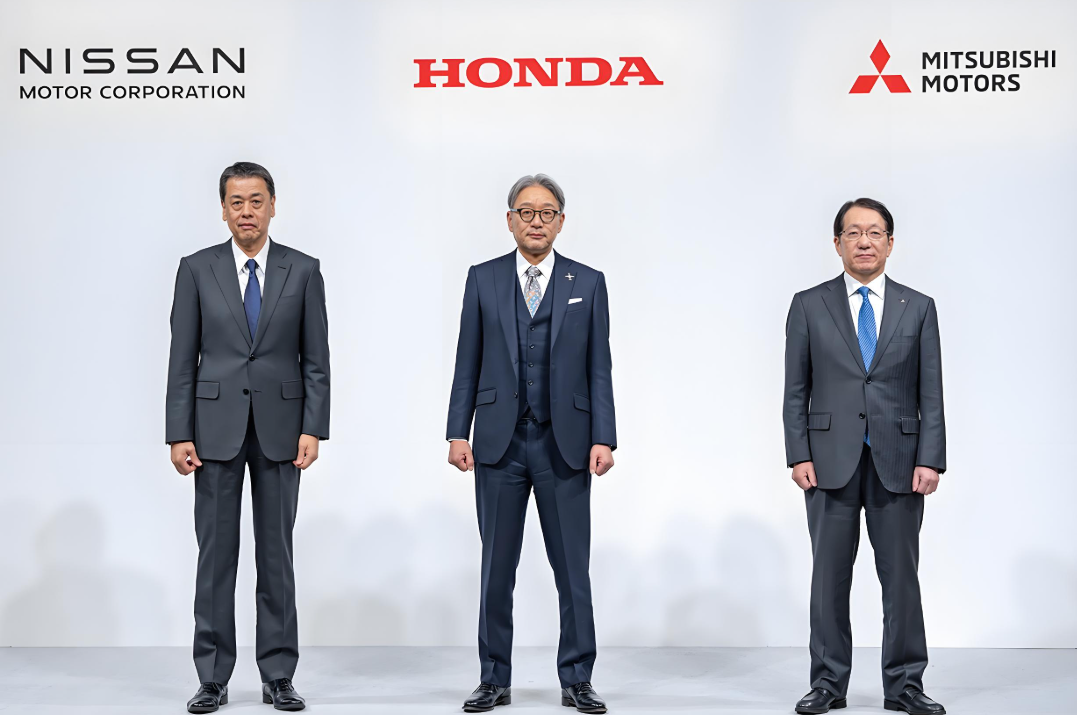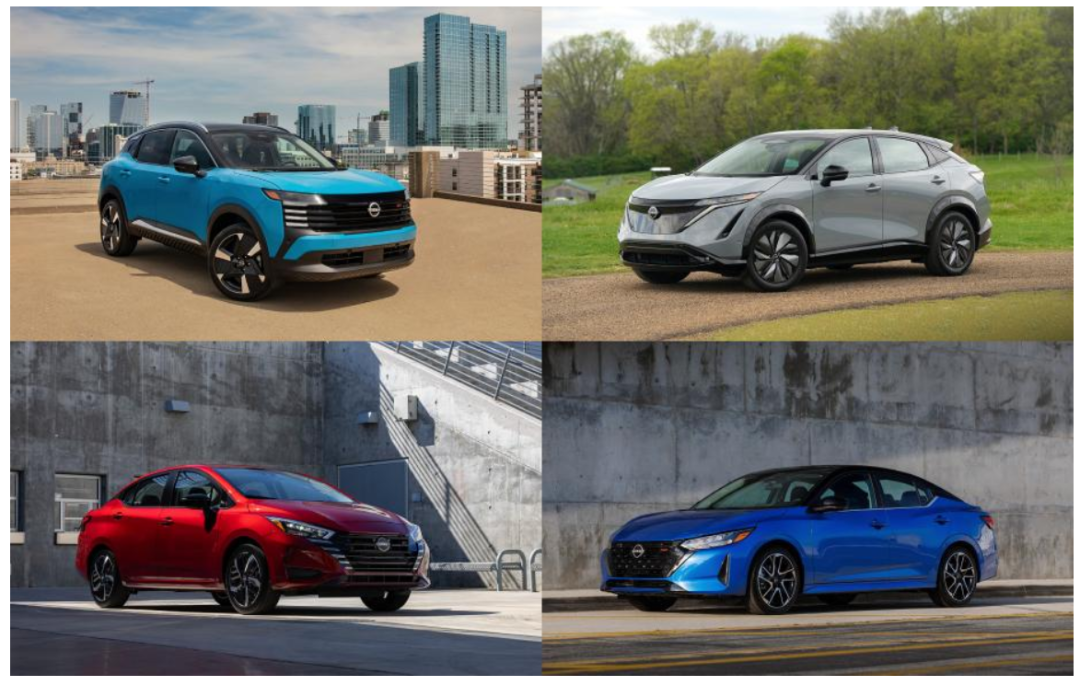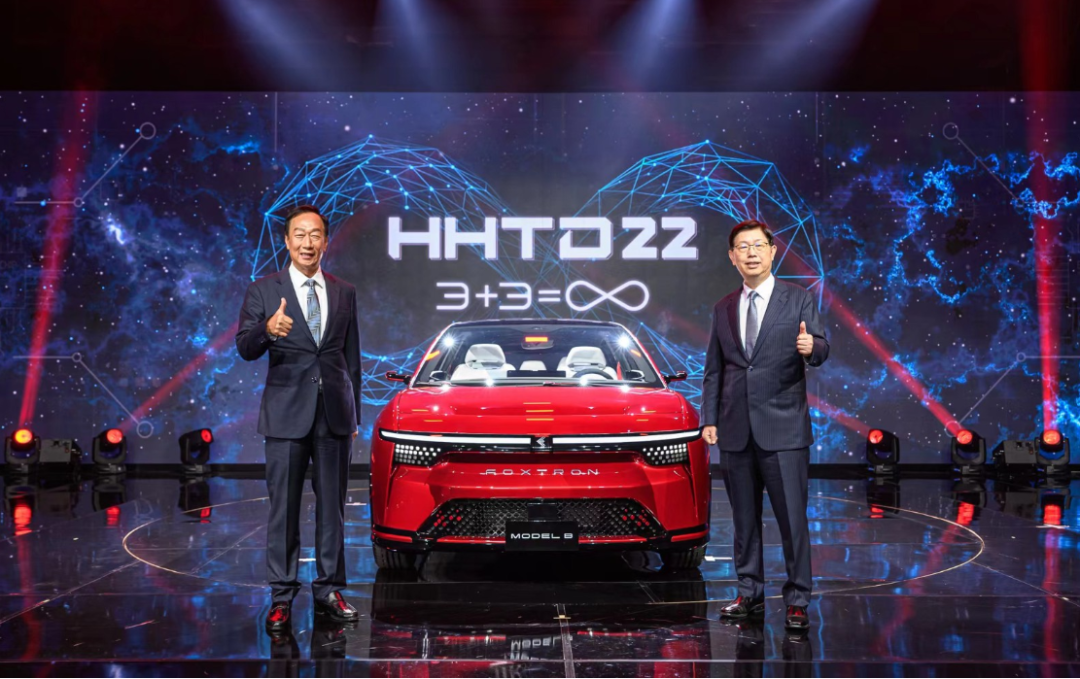Honda Exits: Who Can Mend Nissan's Broken Heart?
![]() 02/10 2025
02/10 2025
![]() 400
400
Lead
The buzz around a potential Nissan-Honda merger once filled the air, but recent whispers suggest that negotiations have hit a wall. What caused these two automotive giants to abruptly abandon their quest to become the world's third-largest automaker?
Produced by | Heyan Yueche Studio
Written by | Zhang Dachuan
Edited by | He Zi
Total words: 2580
Reading time: 4 minutes
The much-anticipated merger between Nissan and Honda, which once garnered global attention, appears to be veering off course. Multiple Japanese media outlets, including Kyodo News and Nihon Keizai Shimbun, recently reported that Nissan Motor President Makoto Uchida officially informed Honda Motor President Toshihiro Mibe on the 6th of this month that Nissan has decided to terminate the merger talks with Honda.

△Profit distribution hurdles could scuttle the Nissan-Honda integration
Behind the failure lies a complex web of interests
On December 23 last year, Honda and Nissan jointly announced that they, along with Mitsubishi Motors, had signed a memorandum of understanding. Honda and Nissan were set to initiate merger negotiations through the establishment of a joint holding company, while Mitsubishi Motors would discuss potential involvement in the merger.
While an official announcement regarding the termination of the merger has yet to be made, it is highly likely that Nissan and Honda will fail to reach a consensus on the final merger terms. From the Japanese government's perspective, its grand vision of creating the world's third-largest automaker, comprising Honda, Nissan, and Mitsubishi with an annual production and sales scale exceeding 8 million units, seems destined to falter. According to Japanese media reports, the primary stumbling block in the merger negotiations between Nissan and Honda has been the inability to agree on the specifics of the shareholding ratio.

△The Japanese government's long-held dream of forming the world's third-largest automotive conglomerate may be dashed
For Nissan, the aftermath of the Ghosn incident saw the company regain corporate autonomy from Renault through negotiations, ending the unequal power dynamic between the two. Previously, Renault, led by Ghosn, had rescued Nissan from the brink of collapse. However, subsequently, Nissan found itself subservient to Ghosn's directives. Many of Nissan's senior executives were Ghosn's trusted lieutenants, and significant benefits were ceded to Ghosn and Renault. Therefore, Nissan cannot tolerate a recurrence of the Renault-Nissan saga, even if the protagonist changes to Honda.

△Nissan struggled to regain corporate control after the "Ghosn incident"
Automotive mergers are rarely straightforward
Successful mergers among multinational automotive groups are few and far between. Previous attempts, such as the failed integration of DaimlerChrysler and the premature termination of Volkswagen-Ford cooperation, serve as cautionary tales. Domestically, SAIC's failed acquisition of South Korea's Ssangyong has led to a scarcity of overseas acquisition cases by state-owned automakers. Geely's acquisition of Volvo stands out as a success, primarily due to Geely's hands-off approach, allowing Volvo to operate independently. In contrast, Ford's earlier attempts to integrate Volvo Cars and Jaguar Land Rover can be deemed unsuccessful.

△SAIC's acquisition of Ssangyong ended in failure
From Nissan's perspective, Honda has two options: either form an equal joint venture with Nissan, where Nissan sacrifices a portion of its equity in exchange for Honda's financial support while maintaining control over its future, or Honda invests substantial cash to fully acquire Nissan, which would be more palatable to Nissan's shareholders. However, currently, Honda aims to gain control over Nissan's future resource allocation without investing additional cash.
Honda's stance is understandable.
On one hand, while automotive mergers can leverage synergies and significantly reduce costs through joint procurement, shared back-office support, and collaborative R&D investments, differences in product and market complementarity, as well as corporate culture, can determine the success or failure of the integration. Honda and Nissan have highly overlapping model lines and markets, and their cultural styles are vastly different: Honda emphasizes the manufacture of high-quality vehicles, with each model in its limited product line being a segment leader, while Nissan focuses more on international operations and boasts a comprehensive product matrix. Therefore, organically integrating these two automakers is no easy feat.
On the other hand, the current state of Nissan makes it a less attractive investment. If Honda were to invest a substantial amount of funds to fully acquire Nissan, it would be unable to swiftly turn around Nissan's operational crisis under the present circumstances. This would undoubtedly burden Honda with significant financial obligations, potentially affecting its investments in core technologies such as new energy and intelligent connectivity. Therefore, Honda hopes to invest minimally while securing a controlling stake in Nissan, maximizing synergies without straining its cash flow.

△Honda needs to invest heavily in technological innovation
Will Foxconn emerge as Nissan's savior?
After abandoning cooperation with Honda, Nissan cannot afford to remain idle. Finding a new financial backer has become a top priority for Nissan's management.
Nissan's pursuit of a partnership with Honda was primarily driven by its deteriorating performance. According to Nissan Motor's disclosed data, from April 2024 to September 2024, while its operating revenue was 5.98 trillion yen, a modest 1.3% year-on-year decline, its operating profit plummeted by 90.2% year-on-year to 32.908 billion yen, and its net profit nosedived by 93.5% to 19.223 billion yen. Consequently, Nissan Motor announced plans to reduce global production capacity by 20%, cut fixed costs by 300 billion yen, lay off 9,000 employees worldwide, and explore the sale of part of its shares in Mitsubishi Motors. However, these measures are mere cost-cutting strategies that slow the depletion of Nissan's cash reserves, failing to address the root causes of its woes.

△Nissan's significant discounts to boost sales in the US are a primary reason for its profit decline
Nissan continues to grapple with operational pressures. In its key markets of Japan, the US, and China, Nissan faces relentless competition from rivals. In Japan and the US, Nissan must offer steeper discounts to attract consumers, while in China, like other multinational automakers, it contends with the onslaught of local brands. Given the domestic market's price wars and local automakers' technological advancements, even substantial price cuts may not suffice for Nissan to regain its former glory.

△Nissan faces mounting pressure on terminal sales in China
Rumors abound that Taiwan's Foxconn Group, amidst its transformation ambitions, aims to intervene in the Nissan-Honda merger. If Nissan negotiates with the financially robust Foxconn, it could secure more favorable terms. Foxconn is resolute in its auto manufacturing endeavors. It previously signed an agreement with Geely to establish a joint venture for automobile OEM business and later collaborated with Taiwan's Yulon Motor to launch multiple electric vehicle models that gained notable attention. Compared to Geely and Yulon Motor, Nissan offers Foxconn advantages in global layout and brand appeal.
However, if Foxconn ultimately invests to rescue Nissan, it will undoubtedly seek corporate control, not merely serving as a financial investor. If control cannot be attained, Nissan would need to strongly support Foxconn's auto manufacturing endeavors, much like how Volvo supported Geely, paving the way for Geely's success in the domestic fuel vehicle market. Therefore, whether Foxconn can emerge as a white knight depends on the goals Nissan can help it achieve.

△Foxconn has already demonstrated its ambition to manufacture cars
Comments
Apart from Foxconn, it is unclear whether Nissan is in talks with other potential investors. If Foxconn has offered Nissan more favorable terms, Nissan's decision to abandon Honda becomes understandable. However, if Foxconn has not made any commitments, and Nissan has yet to find a suitable investor, its bargaining power vis-à-vis Foxconn will significantly diminish. Additionally, as one of Japan's Big Three automakers, whether Nissan can accept Foxconn as a major shareholder or even allow it to interfere in daily operations, and whether the Japanese government will approve the transaction, remain open questions.
(This article is originally produced by "Heyan Yueche" and cannot be reproduced without authorization)








